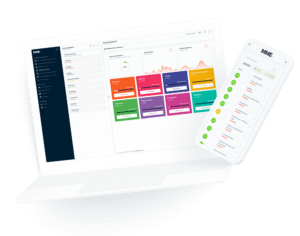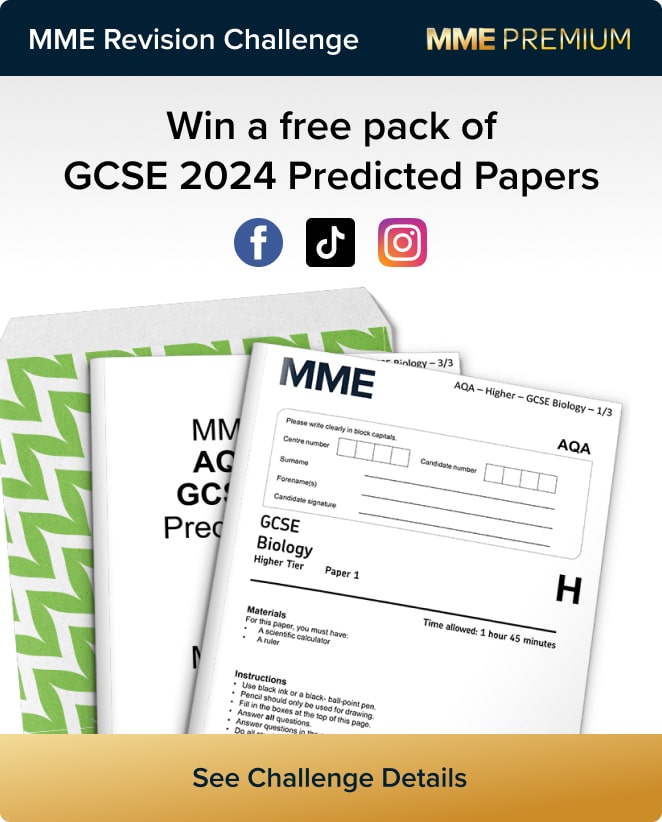Decimals
Decimals Revision
Decimals
A decimal is a number in between two whole numbers.
For example: the decimal 4.5 is between the whole numbers 4 and 5
Decimals have numbers to the right of a decimal point.
All of these are examples of decimals: 3.6, 4.98, 8.546
Make sure you are happy with the following topics before continuing:
The Four Operations
We can use the four operations (addition, subtraction, multiplication and division) with decimals, and using our calculator, the method is the same.
Addition:
Just as before, addition can be done by typing equations into your calculator, for example:
4.6+5.9=10.5
Subtraction:
Similarly to addition, we can use our calculator to work out subtraction questions, for example:
By typing in 13.8-11.1, our calculator would give the solution, 2.7.
Multiplication:
Again, we can use our calculator to work out multiplication questions:
If we had to multiply 3.7 by 2.8, we would type in 3.7\times2.8, and the calculator would output 10.36.
Division:
And finally, we can use our calculator to work out division questions, for example:
60 divided by 1.5 would be calculated by typing in 60\div1.5, giving the answer 40.
As explained in The Four Operations, there may be simple operation questions, or more complicated, applied questions. These will be covered in the example questions.
Example 1: Simple Operations
Use your calculator to work out these four operation questions:
a) 1.35+1.6+1.89
b) 100.5-6.8-5.99
c) 2.1\times3.6\times4.5\times1.2
d) 364\div3.5\div5.2
[4 marks]
a) By typing the sum into a calculator:
1.35+1.6+1.89=4.84
b) By typing the sum into a calculator:
100.5-6.8-5.99=87.71
c) By typing the sum into a calculator:
2.1\times3.6\times4.5\times1.2=40.824
d) By typing the sum into a calculator:
364\div3.5\div5.2=20
Example 2: Applied Operations
Hugo is going to a supermarket. He buys broccoli for \text{£}1.10, a bag of carrots for \text{£}0.89 and 12 potatoes each priced at \text{£}0.38.
By using multiplication and addition, calculate how much money Hugo spent overall at the supermarket.
[3 marks]
Firstly, we can work out how much he spent in total on potatoes by multiplying the price by the number of potatoes bought:
\text{£}0.38\times12=\text{£}4.56
Now, we can add up everything he bought to find his total:
\text{£}4.56+\text{£}1.10+\text{£}0.89=\text{£}6.55
Decimals Example Questions
Question 1: Bradley went to the pet shop. He bought a lizard for \text{£}120.99, some lizard food for \text{£}5.99, and a terrarium for \text{£}210.70.
How much did he spend in total?
[2 marks]
We can solve this using addition on our calculator:
\text{£}120.99+\text{£}5.99+\text{£}210.70=\text{£}337.68Question 2: Richard was asked to go to the supermarket by his mum, she gave him a \text{£}10 note to buy bread, milk, and eggs. The bread cost \text{£}1.39, the milk cost \text{£}1.20, and the eggs cost \text{£}3.79.
Calculate how much change Richard would have left to give back to his mum.
[4 marks]
We can solve this problem using subtraction on our calculator:
\text{£}10-\text{£}1.39-\text{£}1.20-\text{£}3.79=\text{£}3.62Question 3: Ben, Billy, and Bob planned a picnic at the park. For their picnic, they went to the supermarket and bought 6 pink doughnuts which were \text{£}0.79 each, 12 cans of fizzy drinks for \text{£}0.99 per can, 3 bananas for \text{£}0.99 each, and finally, 2 Caesar salads for \text{£}3.99 each.
They paid for this shopping, splitting the overall cost equally between each of the boys. How much did Ben spend?
[4 marks]
Pink doughnuts:
6\times\text{£}0.79=\text{£}4.74
Fizzy drinks:
12\times\text{£}0.99=\text{£}11.88
Bananas:
3\times\text{£}0.99=\text{£}2.97
Caesar salads:
2\times\text{£}3.99=\text{£}7.98
Total:
\text{£}4.74+\text{£}11.88+\text{£}2.97+\text{£}7.98=\text{£}27.57We can divide this total by 3 to see how much Ben spent:
\text{£}27.57\div3=\text{£}9.19You May Also Like...

MME Learning Portal
Online exams, practice questions and revision videos for every GCSE level 9-1 topic! No fees, no trial period, just totally free access to the UK’s best GCSE maths revision platform.
